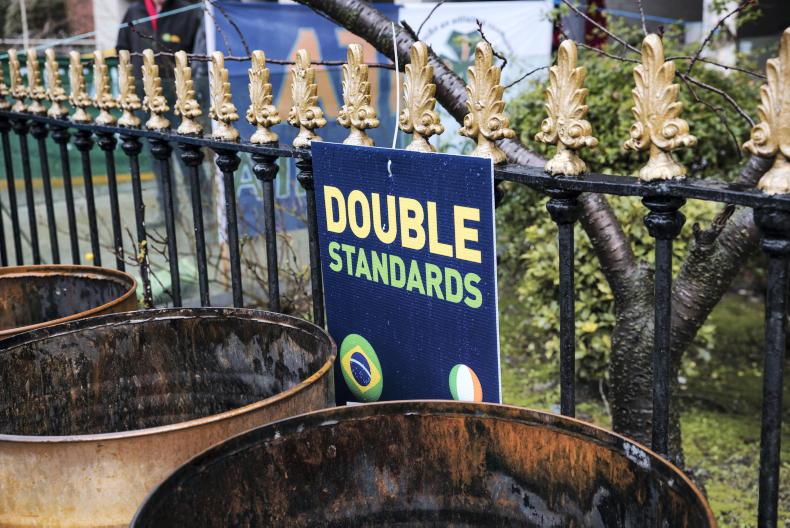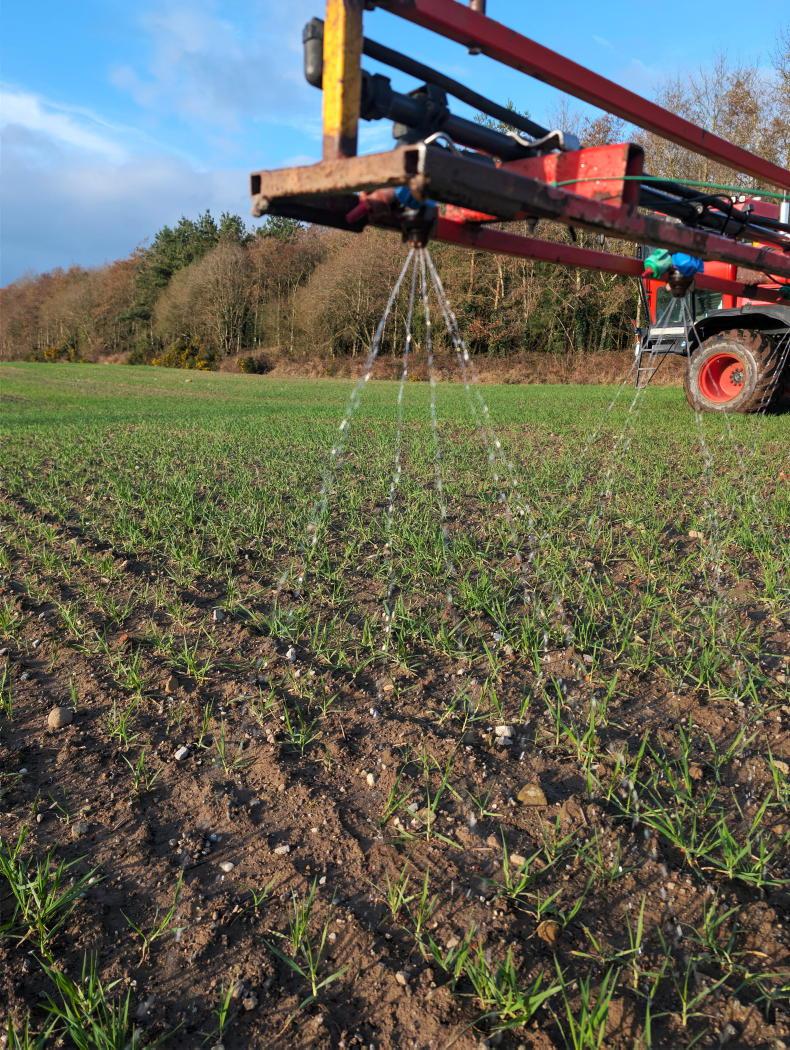The value of the Irish market for organic produce increased by 17.7%, or €235m last year, according to Bord Bia.
Lockdown was described as one of the main reasons for this massive growth. By comparison, the market increased by 8.5% in 2019.
Séamus McMenamin of Bord Bia, speaking at a webinar held by the Agricultural Science Association this week, outlined that fruit and vegetables accounted for 41% of sales in the Irish market, while dairy accounted for 23% and seafood accounted for 17%.
However, 70% of organic fruit and vegetables and 65% of organic cereals and grains are imported, while over 95% of meat, seafood and poultry is produced domestically for that market.
Two-thirds of Flahavan’s organic produce is exported
At the same webinar, James Flahavan of Flahavan’s, which is famous for its porridge and oat products, noted that much of the growth in demand has come from the export market.
Two-thirds of Flahavan’s organic produce is exported, and much of this travels to the UK.
Up to 2020, the supply of Irish organic oats was not enough to meet market demand.
However, Flahavan explained that following a big push to increase organic oat intake since 2018, the effort paid off in 2021 when 100% of the company’s organic oats were supplied by Irish farms.
Organic food pricing
Bord Bia research found that younger consumers are now more likely to buy certified organic products over conventionally produced food.
Organic food is perceived as being healthier
Half of all consumers surveyed, across all age groups, said they would be willing to pay up to 10% more for organic products.
However, the number of people willing to pay more declines when the price is increased by 15%.
Organic food is perceived as being healthier and better for the environment, the two main reasons given for buying organic produce.









SHARING OPTIONS